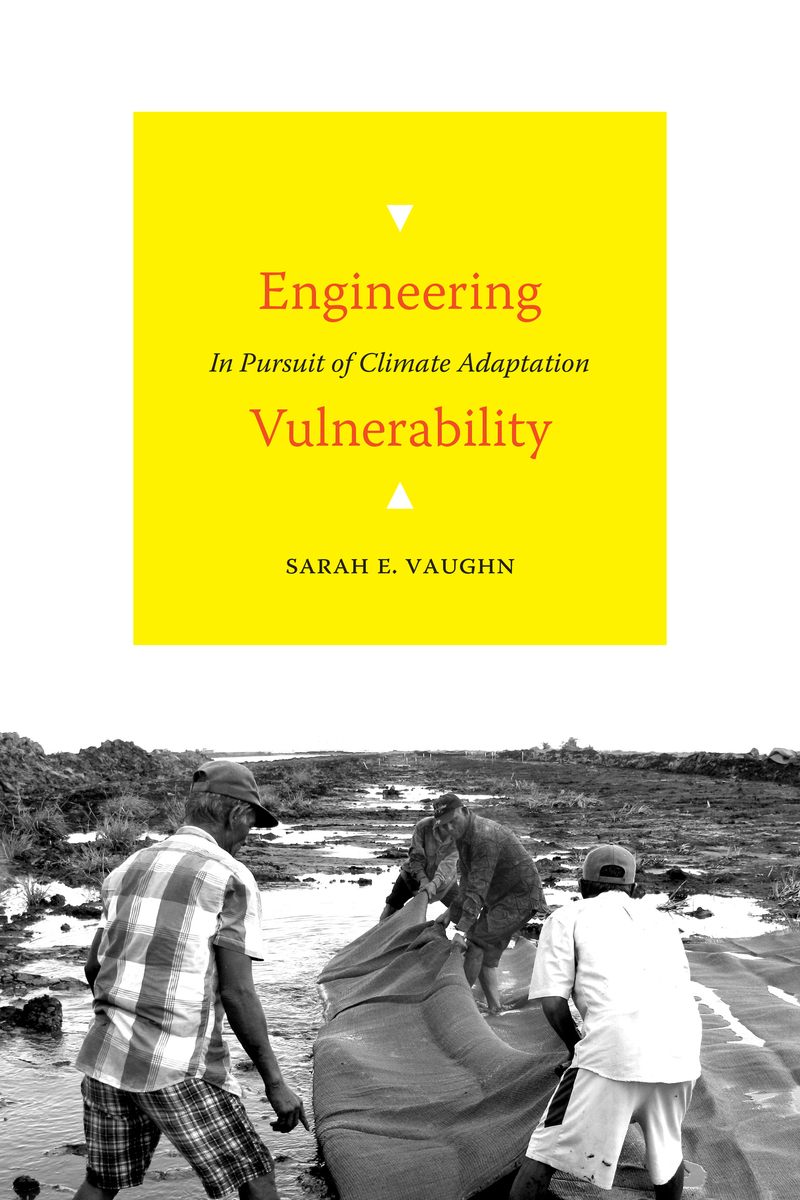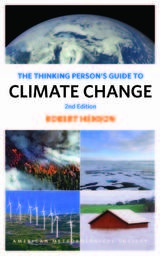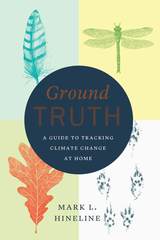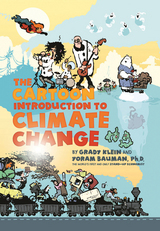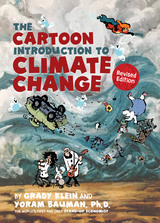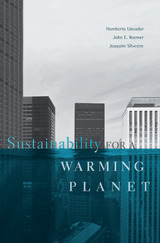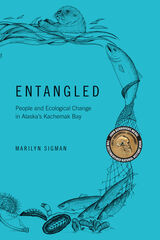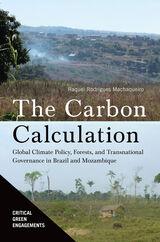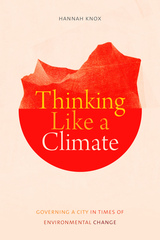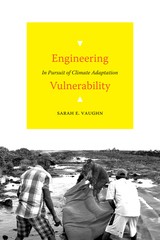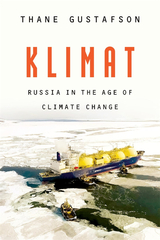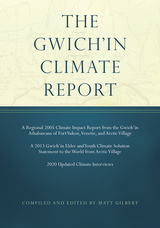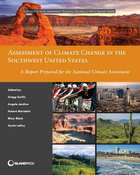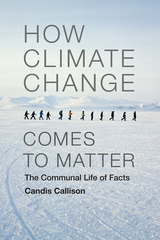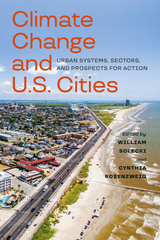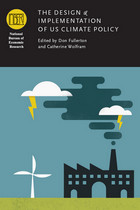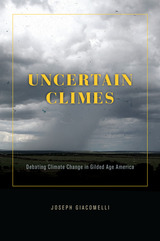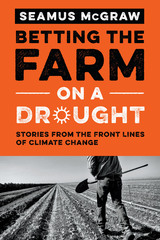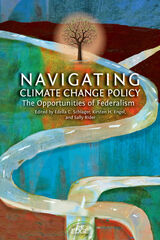Engineering Vulnerability: In Pursuit of Climate Adaptation
Duke University Press, 2022
Paper: 978-1-4780-1810-0 | eISBN: 978-1-4780-2272-5 | Cloth: 978-1-4780-1548-2
Library of Congress Classification QC903.2.G95V384 2022
See other books on: Climate change mitigation | Climatic changes | Environmental education | Floods | Pursuit
See other titles from Duke University Press
Paper: 978-1-4780-1810-0 | eISBN: 978-1-4780-2272-5 | Cloth: 978-1-4780-1548-2
Library of Congress Classification QC903.2.G95V384 2022
ABOUT THIS BOOK | AUTHOR BIOGRAPHY | REVIEWS | TOC | REQUEST ACCESSIBLE FILE
ABOUT THIS BOOK
In Engineering Vulnerability Sarah E. Vaughn examines climate adaptation against the backdrop of ongoing processes of settler colonialism and the global climate change initiatives that seek to intervene in the lives of the world’s most vulnerable. Her case study is Guyana in the aftermath of the 2005 catastrophic flooding that ravaged the country’s Atlantic coastal plain. The country’s ensuing engineering projects reveal the contingencies of climate adaptation and the capacity of flooding to shape Guyanese expectations about racial (in)equality. Analyzing the coproduction of race and vulnerability, Vaughn details why climate adaptation has implications for how we understand the past and the continued human settlement of a place. Such understandings become particularly apparent not only through experts’ and ordinary citizens’ disputes over resources but in their attention to the ethical practice of technoscience over time. Approaching climate adaptation this way, Vaughn exposes the generative openings as well as gaps in racial thinking for theorizing climate action, environmental justice, and, more broadly, future life on a warming planet.
Duke University Press Scholars of Color First Book Award recipient
Duke University Press Scholars of Color First Book Award recipient
See other books on: Climate change mitigation | Climatic changes | Environmental education | Floods | Pursuit
See other titles from Duke University Press
